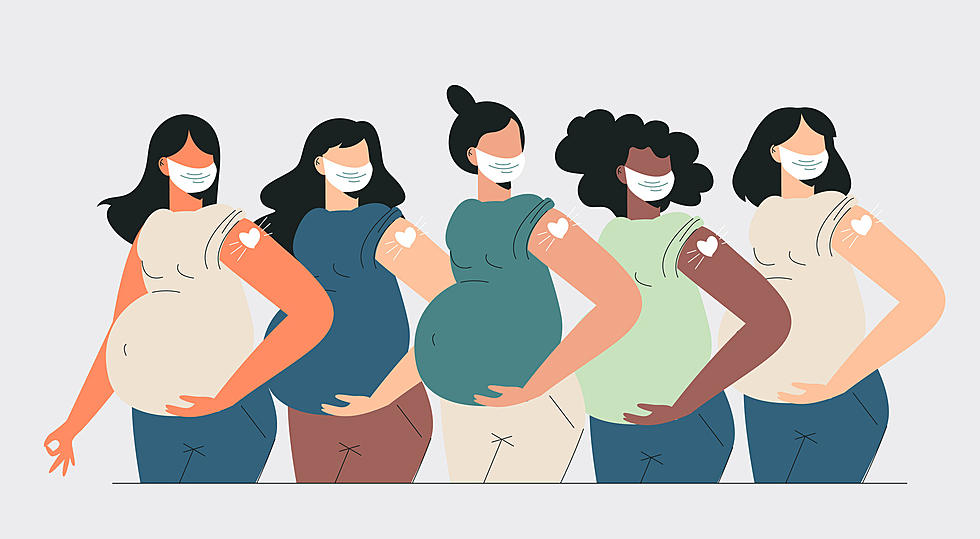
Department of Health Reports 80% of Pregnancy-Related Deaths Were Preventable
The Washington State Department of Health’s (DOH) recent report found that 80% of pregnancy-related deaths were preventable.
Washington state legislature requires the DOH release maternal mortality reports every three years, with data collected between 2014-2020 for the 2023 Maternal Mortality Review Report.
Preventable deaths are defined as an incident where there was some chance that death could have been avoided if certain factors were changed or assessed.
Out of 224 pregnancy-related deaths, 97 were classified as preventable deaths.
The DOH found that behavioral health conditions like suicide and overdose were the leading causes behind pregnancy-related deaths.
DOH Maternal Mortality Review Coordinator Deborah Gardner said that pregnancy-related deaths were higher for those under the age of 30, those using Medicaid, those living in rural areas, and was much higher for Indigenous women.
“All of these contributing factors were exacerbated by what we call the social and structural determinants of health,” Gardner explained. “Those are things like housing instability and systemic racism that impact people's health, health care and wellbeing during pregnancy and postpartum, but also throughout their lives.”
The DOH listed two main priorities, the first being to improve behavioral health care during the perinatal period and ensure that all recommendations benefit Black, Indigenous, and People of Color (BIPOC) communities.

The American Indian Health Commission recommended improving and increasing access to healthcare and culturally relevant services for Native-American pregnant people, addressing historical inequities through policy change and funding, and access to trauma-informed care.
The commission noted that the DOH would need to address general distrust from the Native-American community towards the healthcare system, due to historic racial discrimination and systemic racism.
They also recommended funding more resources for food sovereignty to address nutrition and food insecurity on tribal lands, and to create a tribal-led workforce to support Indigenous pregnant people.
You can read the full report here.



